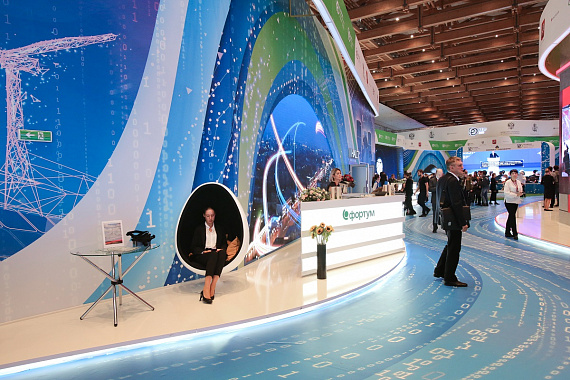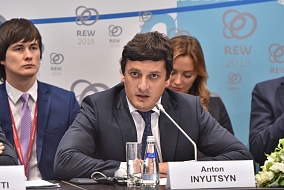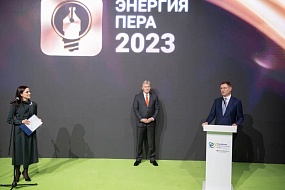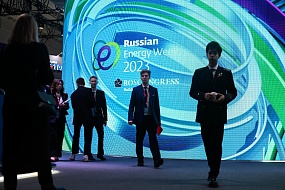Oil and gas industry on track to become one of the main digital technology consumers

On the second day of Russian Energy Week 2019, a panel session has taken place entitled ‘Digital transformation of the oil and gas sector: new opportunities for state and business” with the participation of the Deputy Minister of Energy of the Russian Federation, Pavel Sorokin.
Leading Russian oil and gas companies have begun actively implementing ‘smart technology’. Today, its use is increasing the accuracy of geological exploration and drilling of wells, reducing the quantity of mistakes in the design and operation of industrial facilities, and predicting the end life of equipment. All this provides additional opportunities to raise competitiveness and increase the effectiveness of producers and business processes by optimizing assets and reducing costs for the most expensive components.
“The oil and gas sector is on track to be a real driver of the IT sector and one of the main digital technology consumers. The sector represents RUB 2 trillion of potential investment into digitalization and annual expenses of RUB 300 billion on personal software and IT. Russian companies are actively investing in digital solutions to maintain their competitive edge on the global market. Technology allows you to make processes twice as fast and raise operational effectiveness to 30%. A working group called ‘Digital oil and gas’ has been formed, whose aim is to form a hub to transform business and technological processes. The priority is to assess existing practices, form a model for the future, and define barriers to development and priority projects. Forty initiatives have already been formed, which will be implemented further down the line. Business drives this process, that is, without bureaucratic barriers and with a real practical application. We envisage a future, including in industry specifications, based on international best practice and mutual adoption of digital transformation standards. This process enables us to earn the most money from primary resources while still reaping the benefits to remain competitive on the global market,” said Sorokin.
Experts from the sector all agreed that business and the state must work together in order to maximise the potential of digital transformation for the oil and gas sector and to see the effects of implementing digital technology felt across the board.
“We need an industry consensus on the initial steps. Changing business processes is a key step. A business should own technology or a product, not just purchase them. Only then does the digital product become a real asset. Gazprom Neft is building a digital oil company whose management is based on data and digital counterparts. We believe that we must develop supporting elements, digital skills centres and unified import pre-emptive digital platforms to successfully implement digital transformation,” said Andrey Belevstev, Director of Digital Transformation at Gazprom Neft.
The experts focused on the need to develop technology in the oil and gas sector on the basis of domestically produced technology, including drones, artificial intelligence, Big Data, Machine Learning and augmented reality.
“The speed and cost of these digital projects is important. We need to aim to localize: Russian scientists and IT specialists can create essential software. We need to work with universities, set them tasks, create working groups. To implement technology more quickly, we need to adopt a diversified approach by creating microservices,” said Vitaly Gataullin, Deputy General Director for Digital Development at Tatneft.
The Russian Energy Week is organized by the Ministry of Energy of the Russian Federation and the Roscongress Foundation with the support of Moscow Government.





